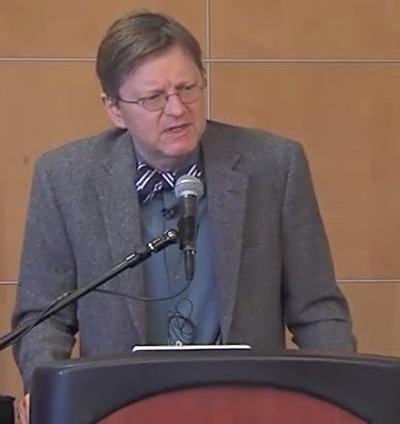(Replying to Helen's mail below)
... Professor Baum's assertion is no doubt correct. But if the justices or their clerks simply understood Wittgenstein, they wouldn't be pulling out a dictionary as though it were a law book for what they want a word to mean.
One of the things I wonder is how accessible the stuff in my book is, particularly Chapters 4 and 5. I mean, it's all right there. People think that, somehow, being into Wittgenstein is esoteric or for academics only. I think Sandy said recently on conlawprof that the Constitution was flexible only in the world of an "academic theory" of language. Truth is, though, the stuff should be relevant to lawyers and judges. I contend that it could be taught as a CLE seminar (continuing legal education). All that happens to people who "get it" is that they stop doing certain foolish intellectual behaviors, like pulling out the dictionary to tell someone what a word means, when they don't have a foreign language problem.
There is also some good stuff about dictionaries in Lawrence Solan's book, The Language of Statutes.
But I just wonder what would happen if people who trained lawyers and judges would stop painting the legal opinion to be about craft and rhetoric, and would start making it be about how insightful (cognitively) a person can be. If justices understood Wittgenstein, they'd know when to pull out "the dictionary" and what to use it for.
Regards and thanks.
Dr. Sean Wilson, Esq.
________________________________
To: LAWCOURT-L@unt.edu
Sent: Monday, February 4, 2013 8:45 PM
Subject: Washington Post on justices and dictionaries
Some members of this list might be interested in Robert Barnes's interesting piece, in yesterday's Washington Post, about Scotus justices' references to dictionaries in their opinions:
http://www.washingtonpost.com/politics/dictionary-a-way-to-define-an-argument/2013/02/03/7bc28cb6-6ca1-11e2-ada0-5ca5fa7ebe79_story.html
(Of particular note to this list is that the article spotlights a new study, about the subject, coauthored by listmember Larry Baum (congrats to him))
